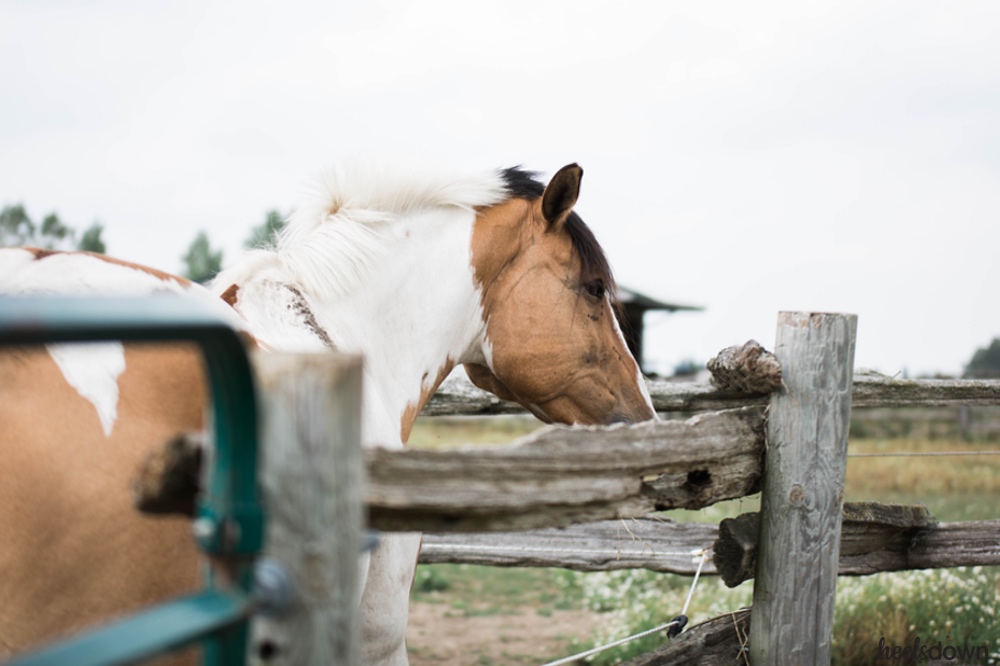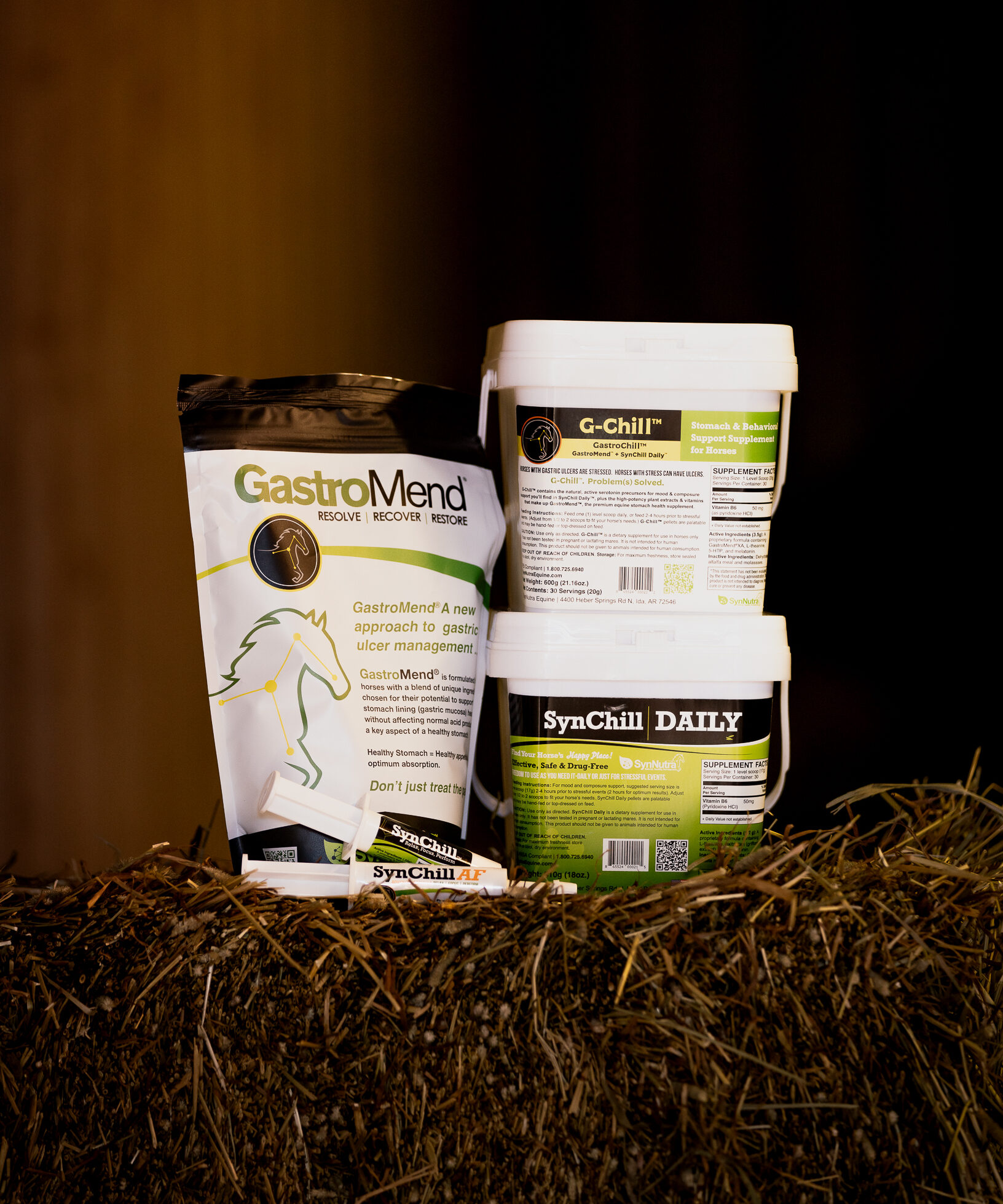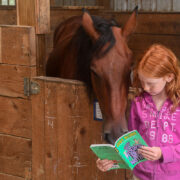The Backyard Barn Dilemma

When I tell my friends who board their horses that I keep mine in my backyard, I usually get a response along the lines of, “You’re so lucky! You must get to ride all the time!”
When I first bought my farm over a year ago, I thought I so too. I thought I would be riding a horse every single evening and even multiple horses on my days off. But what I did not take into consideration was the lack of time I would have to actually ride my horses once I became their sole care provider. I have discovered there is a huge difference between taking care of horses and riding horses.
As a horse owner all of my life, I know there is a lot of work that goes into having horses, but I guess I never quite realized just how much of that work was covered by someone else when I handed over my boarding check.
“I have discovered there is a huge difference between taking care of horses and riding horses.”
I knew that the switch from boarder to barn owner would include more work outside of the saddle. I would be responsible for all the feeding, stall cleaning, and arena dragging, but I was excited and probably more ignorant than I would like to admit. But living on the farm was the dream—my dream—to wake up and see my horses grazing outside of my window every morning. Having my horses so close to me all the time was something I had wished for on every single birthday candle for as long as I could remember. So when the chance came, I jumped in with both feet and never had a second thought. I do not regret that decision for a minute.
When my boyfriend and I first moved onto the farm and started to replace all of the previous owners’ high tension wire fencing with safe electrical braid, I thought that once all of the fences were redone, I wouldn’t have anything else to worry about and then I could ride my horses. Wrong.
After the fencing was mostly done winter came, which slows riding for everyone who doesn’t have the luxury of a heated barn. It also means time spent breaking ice out of water buckets, blanketing (and reblanketing), and making sure the horses have access to hay, shelter, and unfrozen water outside. I did all this while working a part-time job and going to graduate school. But I thought, naively, that once spring came I would be able to ride again.
Spring came and we reached the peak of mud season. I spent what used to be my riding time out in the five-acre pastures, searching for the sprung shoes that at least one of the horses had pulled during daily turnout roughhousing. I held the horses for the farrier as he renailed shoes to smug horses and stared longingly at the jumps set up in my arena.
After mud season came hay season where I spent most of my time riding a hay wagon instead of my horse, stacking enough hay for all of my horses to eat for the entire year. In the heat of summer I installed high-power fans in each stall and gave cold baths to sweaty horses. I fly sprayed repeatedly and removed stubborn bot fly eggs.
In the fall, I washed blankets in preparation for winter, de-cobwebed, and brushed mud from fuzzy faces. When work was quiet, I trail rode through the mountains and galloped alongside the hay fields. I rode every single evening and multiple horses on my days off for a week and I was so tired and completely sore, and I loved every minute of it.
I don’t explain any of this to the people who say I am lucky I get to ride all of the time. Because in spite of all of the work I had not anticipated, I am beyond lucky to spend all my time taking care of my horse, even if I don’t get to ride all the time.


